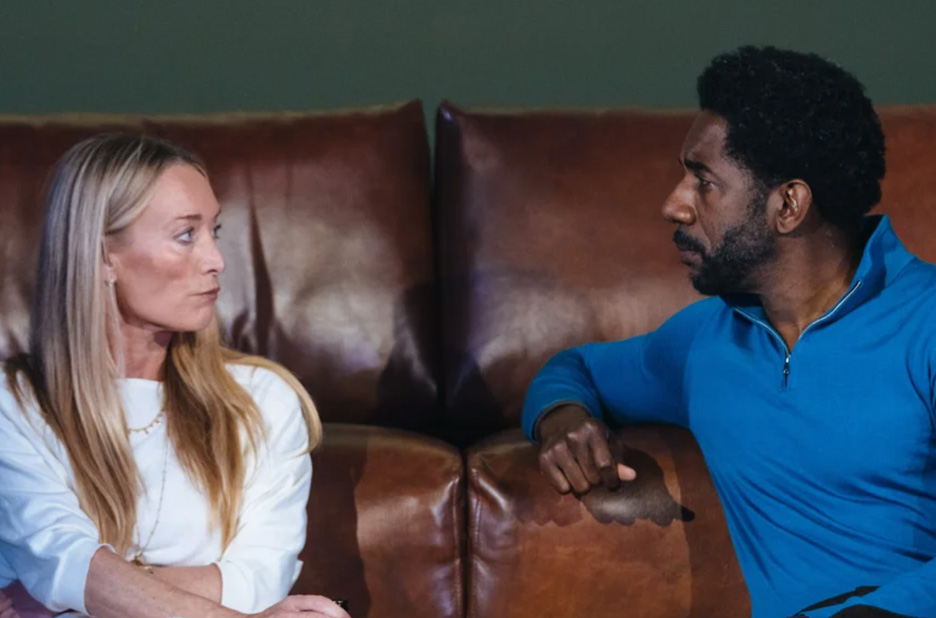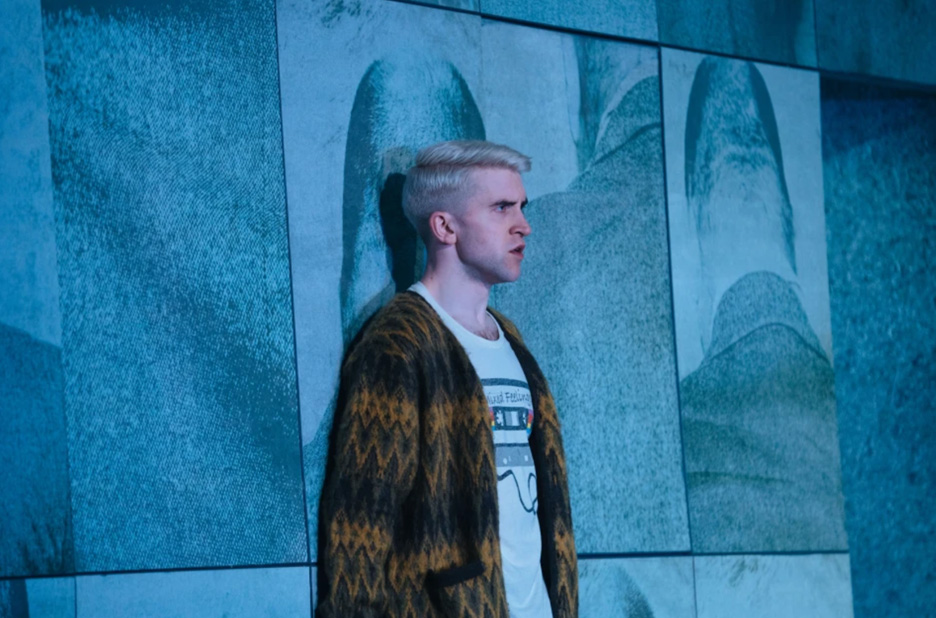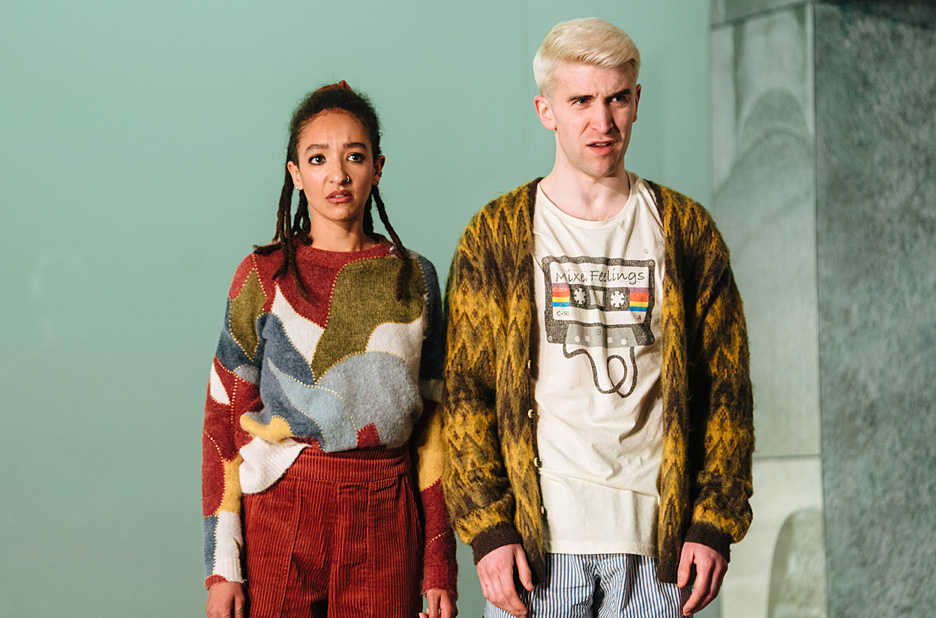Theatre
Ghosts
Lyric Hammersmith, London
4/5
Ibsen salvaged and dragged into the present
This powerful modern adaptation of Ibsen’s Ghosts by Gary Owen clarifies the meaning of this old-fashioned text, removing religious references and reasoning and dated plot complications, the better to concentrate on the human drama. During the course of the evening Helena (Helen Alving in the original text) is confirmed as narcissistic and Oz (Oswald Alving), her son, here an actor instead of painter, as profoundly damaged, but his character is allowed a painful but logical and positive development as he starts to understand why things are the way they are in his life.


In the first half, the intelligently orchestrated sparing between Helena and Andersen (Pastor Manders in the original) immediately piques our interest as to the true nature of the characters and their relationship. Old friends from university, Helena and Andresen used to be lovers and theirs is the typical relationship of romantic unequals. Andersen secretly pines for Helena and Helena uses her power over him capriciously. But this cliched relationship draws us in with smart dialogue and acting. Victoria Smurfit’s Helena is a wealthy affected blond bitch, dressed all in white, intelligent and capable but vulnerable. Rhashan Stone as Andresen provides a rich contrast as a logical well-spoken lawyer, in appearance calm and in control, with strong emotions just beneath the surface. His rationalising is beautifully calibrated as he alternates between genuine empathy and reprehension of Helena. His character works much better without the obsequiousness of religious robes.
The other couple is equally engaging in a completely different way. Reggie and Oz appear as fully-fledged contemporary characters and have an easy convincing companionship and chemistry on stage. Patricia Allison shapes the character of Reggie (Regina Engstrand) with sympathy and clarity it deserves.
In the first half there is also a well-constructed interaction between Andresen and Oz, a competition between the two different generations of men, with undercurrents of jealousy, insecurity and sly attempts at appeasement. Like a younger chimp rocking the boat and the older one regally pretending not to notice.

As the evening progresses, Victoria Smurfit’s performance starts to show signs of strain and increasingly appears two-dimensional. There is only so many times the same gesture of mock affectation can be used unmodulated to show the character’s avoidance to face reality and her own emotions. But overall she delivers a solid interpretation as the lead character holding the play together.
It is Callum Scott Howells as Oz who steals the show. Neanderthal millennial at first in his numbness and dumb but funny cynicism, his pain moulds him as the family secrets bubble to the surface. Discovering that he has unknowingly committed incest, he is torn between his love and guilt, rapidly becoming suicidal. Even in these tragic circumstances, in a nice touch from the writer, knowledge slowly bringing understanding has the power to pull him away from the brink.

Interestingly, although I empathised with Reggie from the beginning and developed sympathy for Oz towards the end, I never felt for Helena. And perhaps this a deliberate effect of the adaptation, or understanding of Ibsen, but it sits with me uncomfortably when women and mothers are blamed for everything, a lot of which is shaped by societal structures outside of their control. Helena is ultimately misguided in her way of seeking closure after years of abuse, but as Andersen hints at one point, the way in which women ground down by patriarchy seek freedom is often disturbing.
For all its wordiness and sickening veneer of false respectability, this is ultimately a play about the basest of passions, as is often the case with Ibsen. I do struggle with Ibsen’s pseudo-Freudianism, and his unpleasant juxtaposition of bourgeois pious morality with animal instincts, but the adaptation clears out all the dead wood of 19th century sanctimoniousness and the passions appear psychologically justifiable if still crude underneath the effortless dialogue.
If the lighting solutions were a little rough, particularly in the way they signalled the end of sections, Merle Hensel’s set was worthy of note. She created interesting costumes for the Cherry Orchard at the Donmar last year, and it is pleasing to see her creativity again in her set and costume work for Ghosts (she obviously favours knits). The stage is sparse with a changing lit background and a giant leather sofa in the middle. The left and right sides are wallpapered with a repeating black and white close-up of a stocky balding man’s head and neck photographed from behind. This successful metaphor for the violent ghost of the dead father immediately attracts the eye. On several occasions characters are propelled in their fear or revulsion to the very sides of the space, pressing with their backs and palms against this image that limits their existence.

Direction by Rachel O’Riordan, the artistic director of the Lyric, proves to be much more assured than her recent uncritically acclaimed staging of Our Country’s Good. But the star of the evening is the highly intelligent adaptation which gives plentiful nuanced material to the hungry and deserving cast.